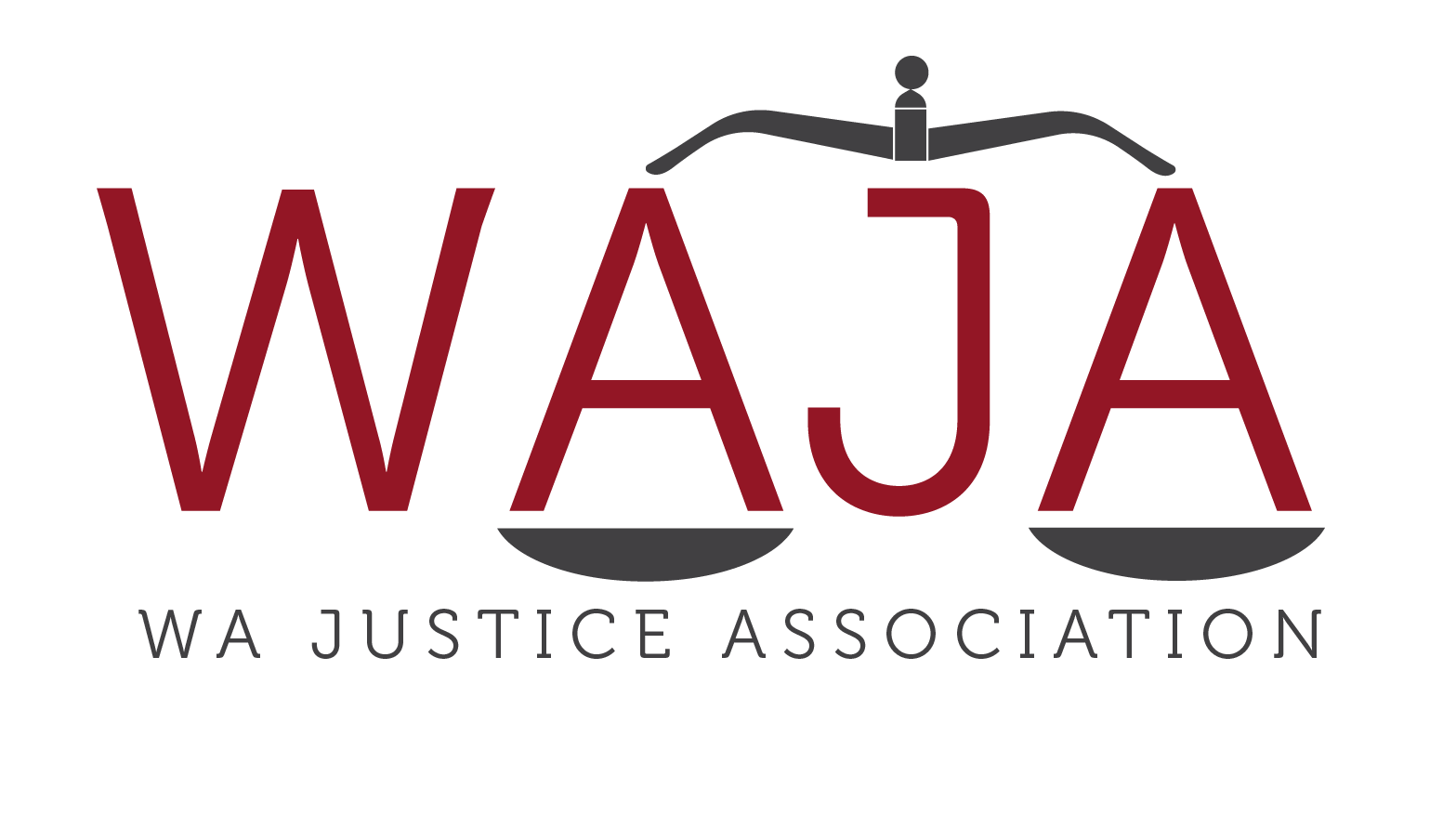Statement regarding the High Risk Serious Offenders Act 2020 (WA)
On Wednesday, the High Court of Australia (by 5:2 majority) upheld the constitutional validity of the High Risk Serious Offenders Act 2020 (WA) (HRSO Act) insofar as it is engaged by the offence of robbery.
The HRSO Act provides for the detention in custody/supervision of “high risk serious offenders” for the stated purpose of ensuring adequate protection of the community and of victims of serious offences. Amongst other things, it permits the Supreme Court, on application of the State, to impose an order for the continued detention of a prisoner after the prisoner’s sentence has been fully served. This means a prisoner can be kept in prison after “doing their time”, until the State is satisfied that they no longer pose an “unacceptable risk” to the community.
In a powerful dissenting judgment, Gordon J identified that the case “raises a question, fundamental to the rule of law in a democratic society, about whether, consistently with Ch III of the Constitution, the judiciary, as the protector of the liberty of the individual, may deprive an individual of their liberty, not to punish them for a crime committed but to prevent the prospect of a further offence based on an individual's propensity to commit robbery.”
Gordon J’s judgment is a powerful indictment of the HRSO Act that WAJA respectfully, and strongly, endorses.
The HRSO Act must be called out for what it is: racist legislation. The HRSO Act is an unequivocal example of indirect discrimination. First Nations Australians are grossly overrepresented in WA prisons and will, in turn, be disproportionately subject to continuing detention orders under the HRSO Act. The HRSO Act will worsen the overrepresentation of First Nations people in WA prisons, not improve it.
The HRSO Act is also an ineffective and lazy criminal justice tool. Governments must adopt an evidence-based approach to rehabilitate prisoners and provide them with adequate supports post-release so that they will not reoffend. By implementing the HRSO Act, the State Government has opted to put prisoners with complex needs in the “too hard” basket. Instead of working to ensure that these prisoners can live productive lives for themselves, their families and the community, the State Government will keep them imprisoned at significant economic cost to the taxpayer and significant social cost to the prisoners and their families.
The WA Attorney-General has stated that the HRSO Act is “based on the premise that offenders who commit serious and violent crimes, and continue to pose an unacceptable risk of violent reoffending, should remain behind bars or under supervision in the community until such time that they are no longer an unacceptable risk to the community”.
The extreme consequences of the HRSO Act are made worse by the fact that the State does not provide adequate opportunities for prisoners who wish to “no longer be considered an unacceptable risk to the community” to change. Prisoners do not receive adequate support while in prison to enable them to adequately address the underlying cause(s) of their offending behaviours.
If prisoners “should remain behind bars” until they do not pose “an unacceptable risk to the community”, then the State should provide them with adequate programmes and support services to promptly enable them to no longer be such a risk. That would at least provide a modicum of fairness to what is a grossly unjust legislative scheme.
The legal community cannot accept the HRSO Act as the status quo. It detracts from basic human rights, is ineffective, expensive, and racist. As Gordon J eloquently put it: “Labelling the HRSO Act scheme, and the role of the Supreme Court, as ‘preventive justice’ is a misnomer. It is not justice.”
In light of the High Court’s decision, WAJA calls on the State Government to review and amend the reach of the HRSO Act.
WAJA also calls on the State Government to adequately resource prisons, particularly with respect to programmes available to prisoners who are subject to orders made under the HRSO Act.

